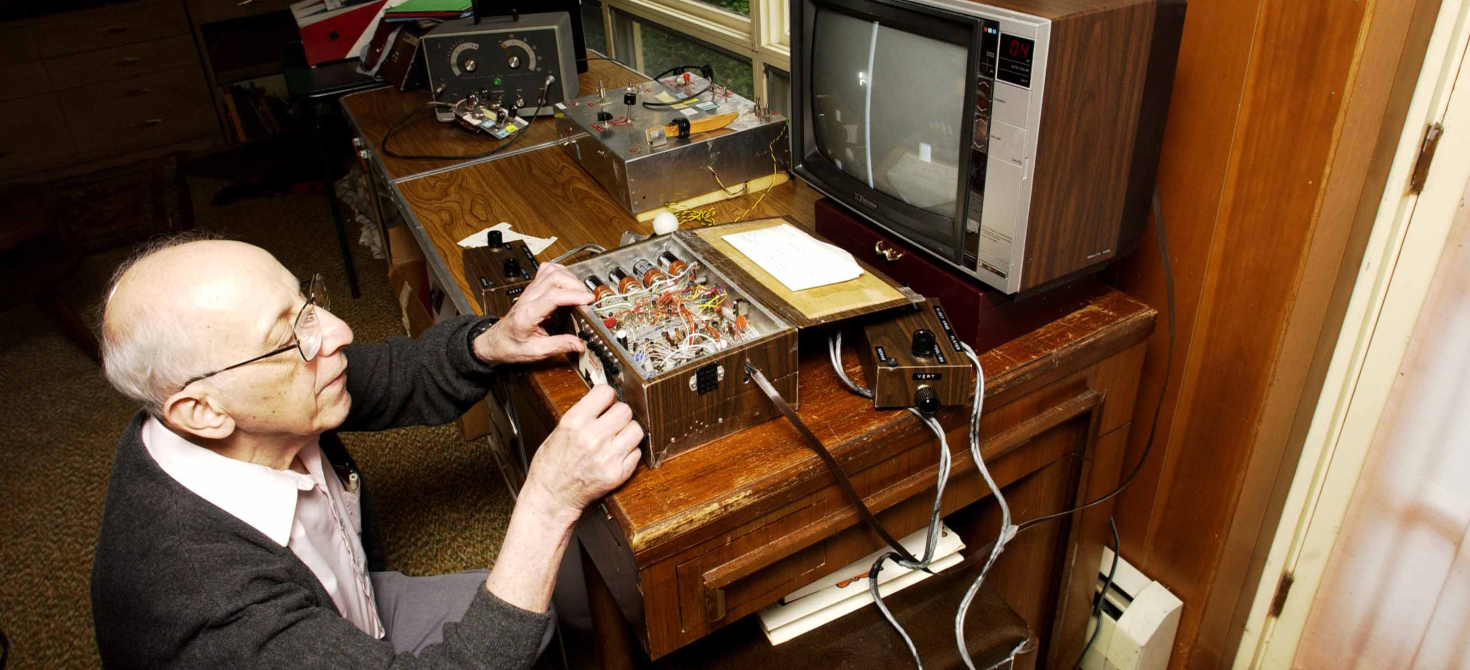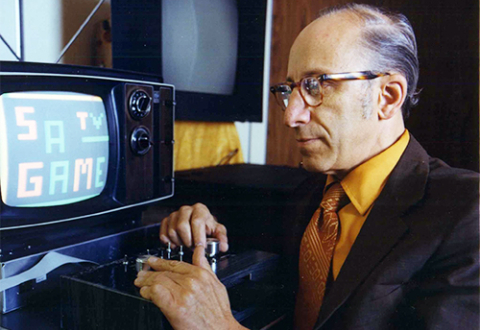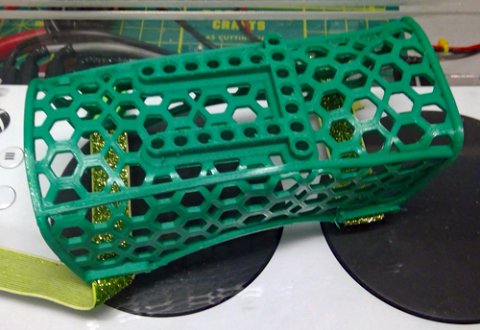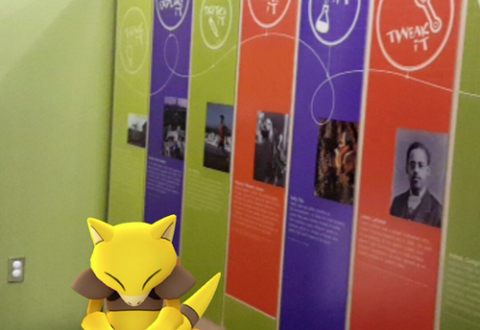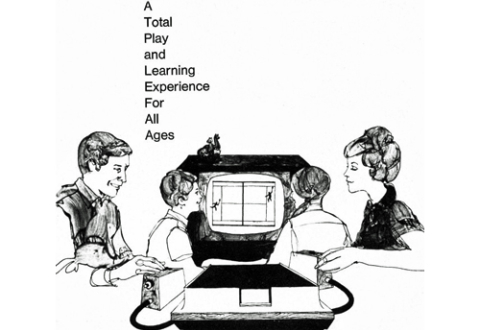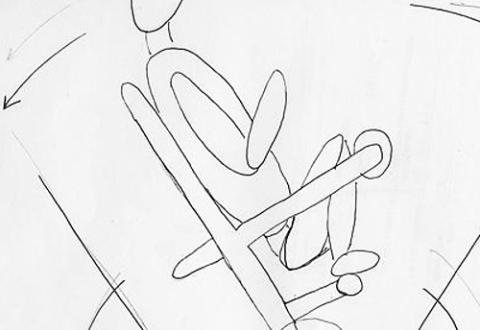About the Video Game Pioneers Initiative
The Smithsonian’s Lemelson Center for the Study of Invention and Innovation has launched an initiative to preserve the legacy of video game pioneers through in-depth oral histories and preservation of original documents and other materials. The Video Game Pioneers Initiative is a unique opportunity to capture compelling personal stories in the words of the people who lived them and to trace the development of an industry that employs 220,000 Americans, generates $102 billion in worldwide sales, and has influenced fields as diverse as computer learning and medicine.
The Video Game Pioneers Initiative is integral to the Lemelson Center’s work to understand invention as a process, the making of inventors and innovators, and the role of risk-taking in inventive work. This Initative is also the first phase of a larger effort to create opportunities for the public to experience the history of gaming over the last fifty years through physical and virtual exhibitions with collaborating museums around the world.
For more information or to support the Video Game Pioneers Initiative, please contact Christopher Weaver, chairman of the Video Game Pioneers Initiative Advisory Board, MIT Comparative Media Studies and Lemelson Center Distinguished Research Scholar.
Video Game Pioneers Archive
In late 1961 and early 1962, the first video game—SpaceWar!—was coded on a mainframe at MIT. In 1966, Ralph Baer envisioned and began working on prototypes for video games that could be played at home. The Video Game Pioneers Initiative (VPI) offers a unique opportunity to tell the story of this new technology-based, creative industry in the words of its founders. Oral history preserves an individual’s recollection of successes, failures, and critical turning points, as well as the meaning they ascribe to these events, revealing an often-hidden side of invention and innovation.
In addition to collecting in-depth video oral history interviews, the VPI will ensure the long-term preservation of
- companion source code,
- original historical documents (including, for example, notebooks in which pioneers first sketched games),
- collections of software, graphics, and computer platforms, and
- key artifacts from first-generation video game inventors.
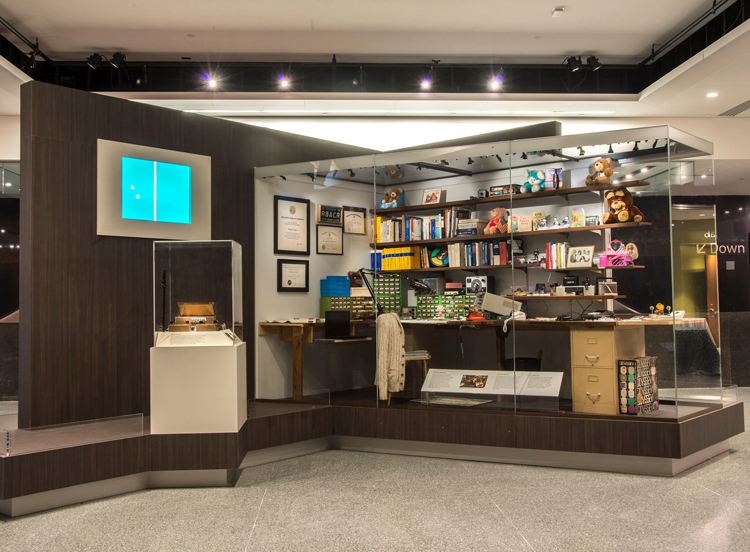
Home video game inventor Ralph Baer's workshop is preserved in the Smithsonian National Museum of American History and is on display in the Museum's Innovation Wing. © 2015 Smithsonian Institution; photo by Richard Strauss
These materials will be available to historians, research scholars, and the public through a collaboration between the Smithsonian Institution’s National Museum of American History and other museums and archives that focus on the history of technology and games. The VPI will fuel new research in this burgeoning field, underwrite novel publications, and enhance public awareness of the rich history of video games and their inventors.
Video Game Pioneers Initiative Advisory Group
To advance the initiative, the Lemelson Center has convened an expert committee of eminent game pioneers, video game scholars and representatives from major museums and archives.
The members of the Video Game Pioneers Initiative advisory group are:
- David Brock, director, Center for Software History, Computer History Museum
- Don Daglow, CEO, 4thRing Inc.
- Jon-Paul Dyson, director, International Center for the History of Electronic Games, Strong Museum
- Richard Garriott, CEO, Portolarium
- Jim Gee, Regents Professor, Literacy Studies, Arizona State University
- Brenda S. Gunn, director for research and collections, University of Texas at Austin
- Richard Hilleman, principal, Widoworx LLC
- Brenda Laurel, principal, Neogaian Interactive
- Henry Lowood, curator, History of Science and Technology, Stanford University Libraries
- Ted Price, CEO, Insomniac Games
- Brenda Romero, chief operating officer, Loot Drop/Romero Games
- John Romero, president, Loot Drop/Romero Games
- Steve Meretzky, vice president, GSN Games
- Sid Meier, director of creative development, Firaxis Games
- Warren Spector, former director, Denius Sams Game Academy, University of Texas at Austin
- Christopher Weaver (chairman), MIT Comparative Media Studies and Lemelson Center Distinguished Research Scholar
Ex-officio members:
- Mark Baer, Baer Family Charitable Trust
- Jeffrey Brodie, deputy director, Lemelson Center
- Arthur Daemmrich, director, Lemelson Center
- Bob Horton, chair, Archives Center, National Museum of American History


